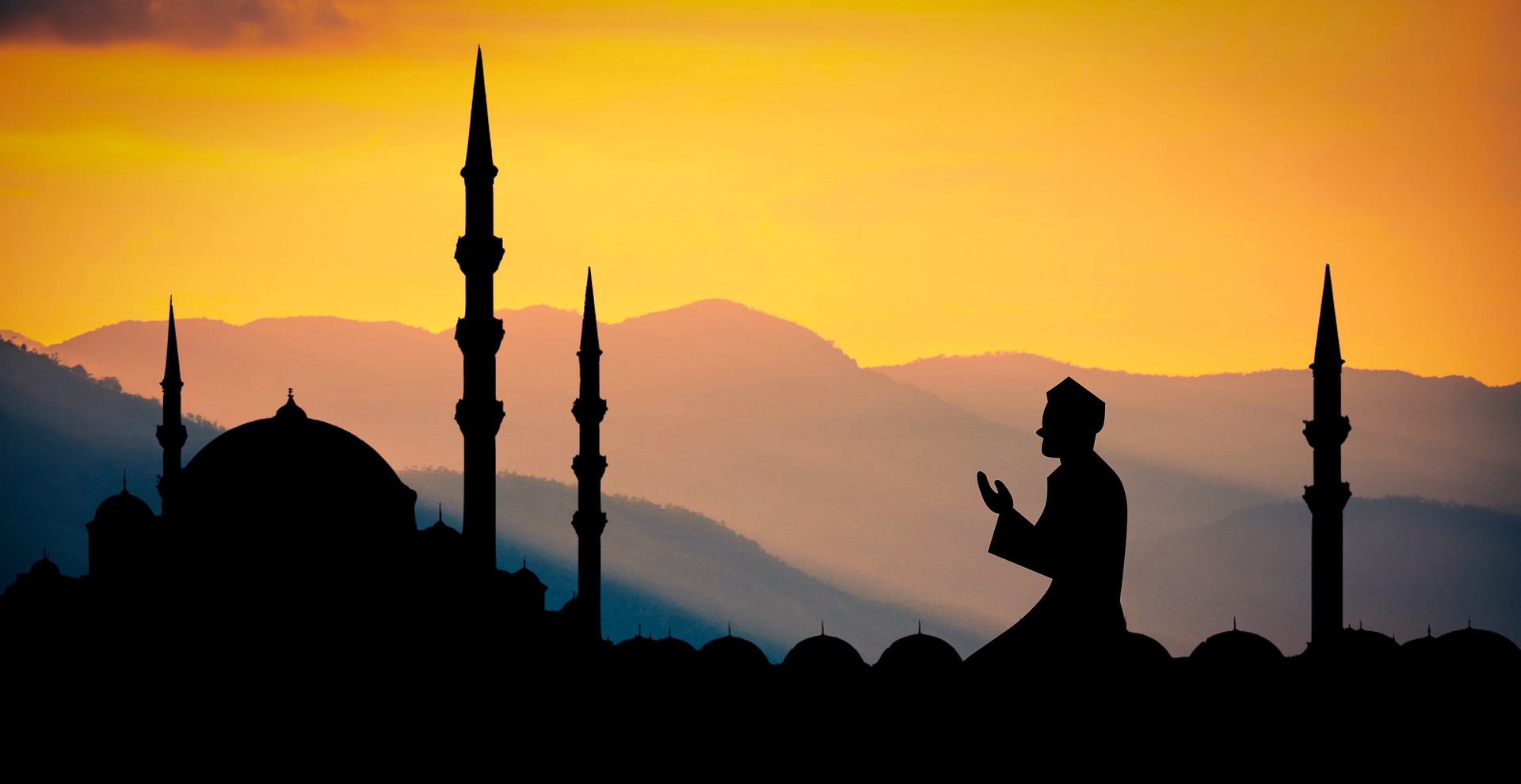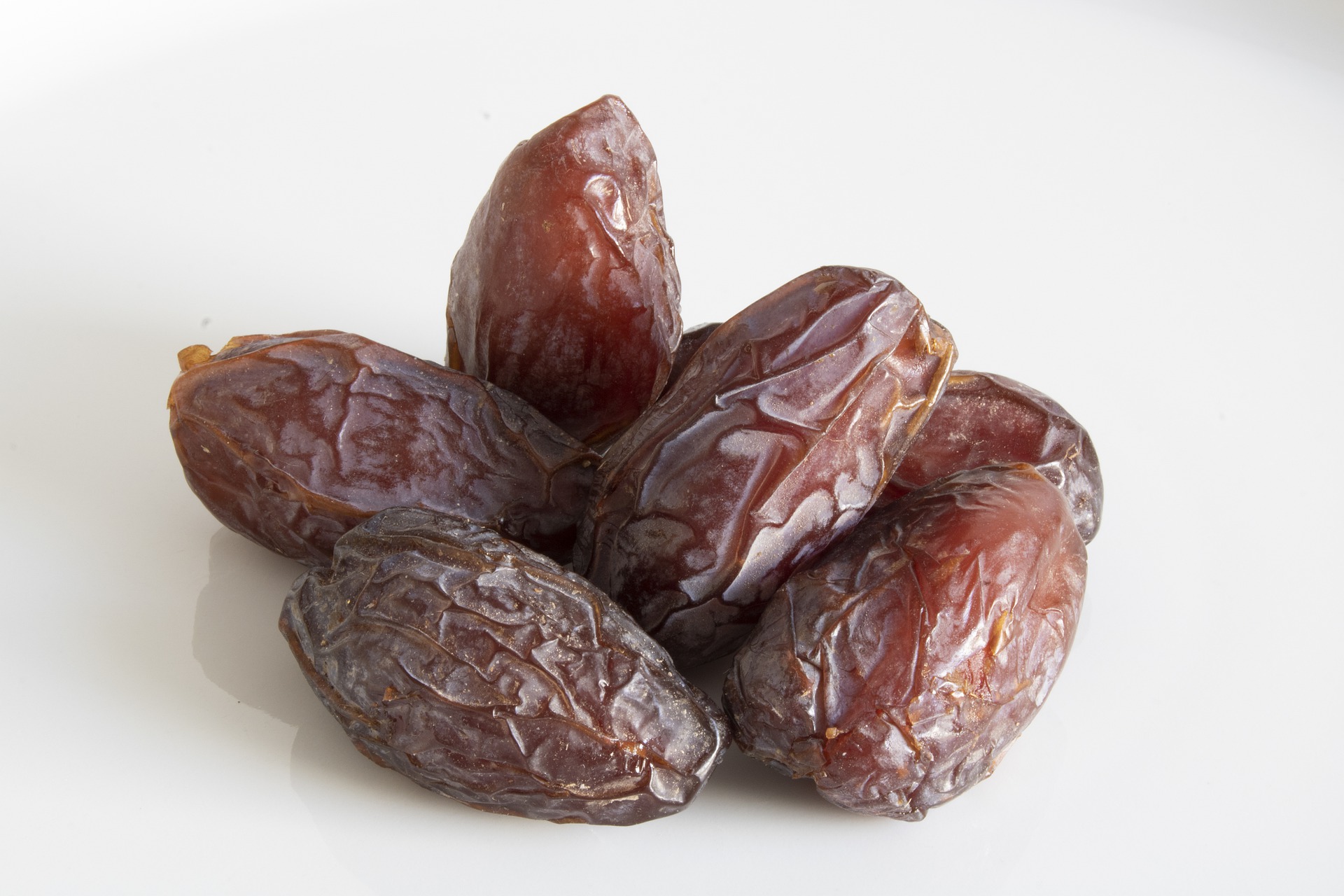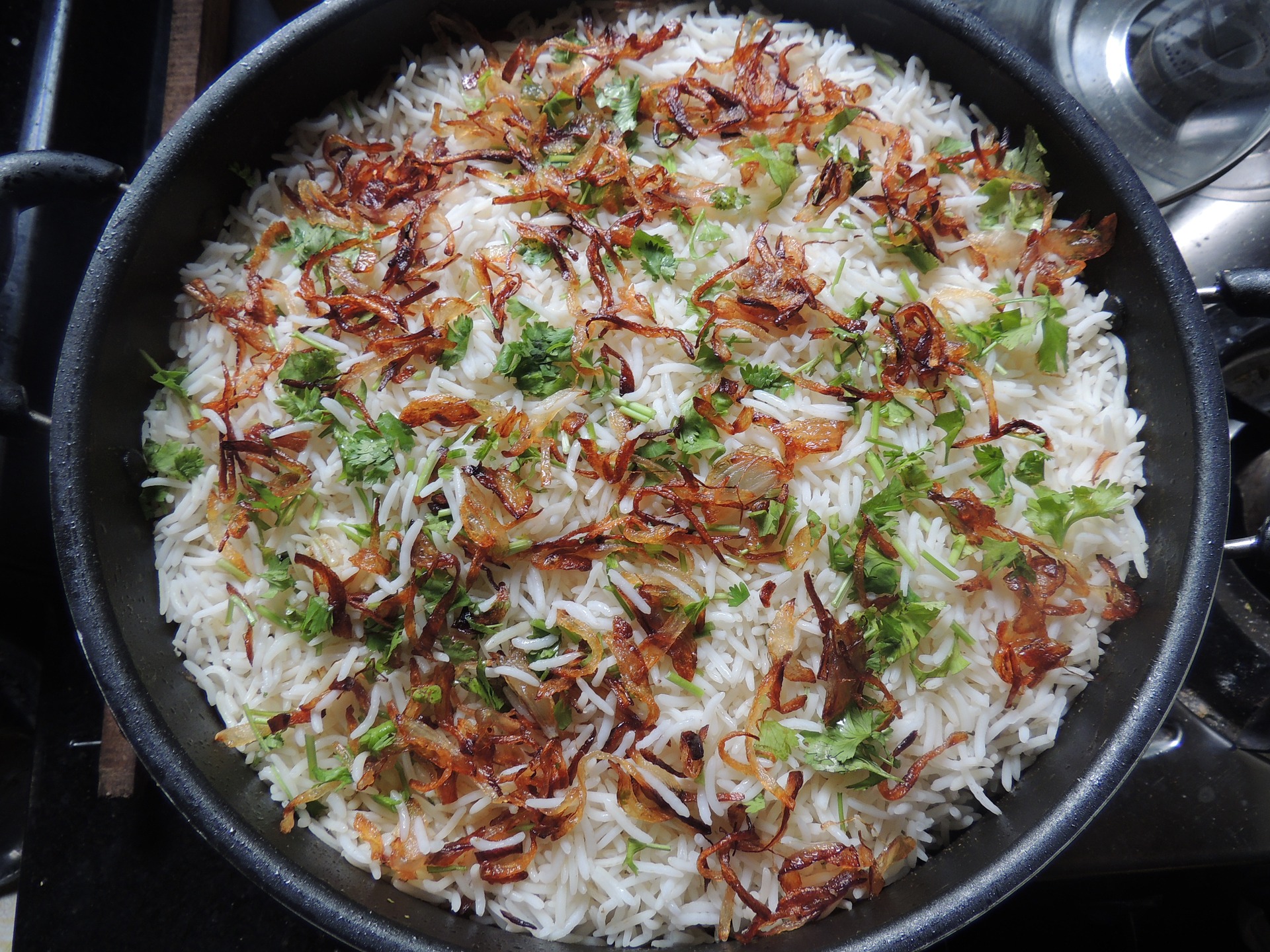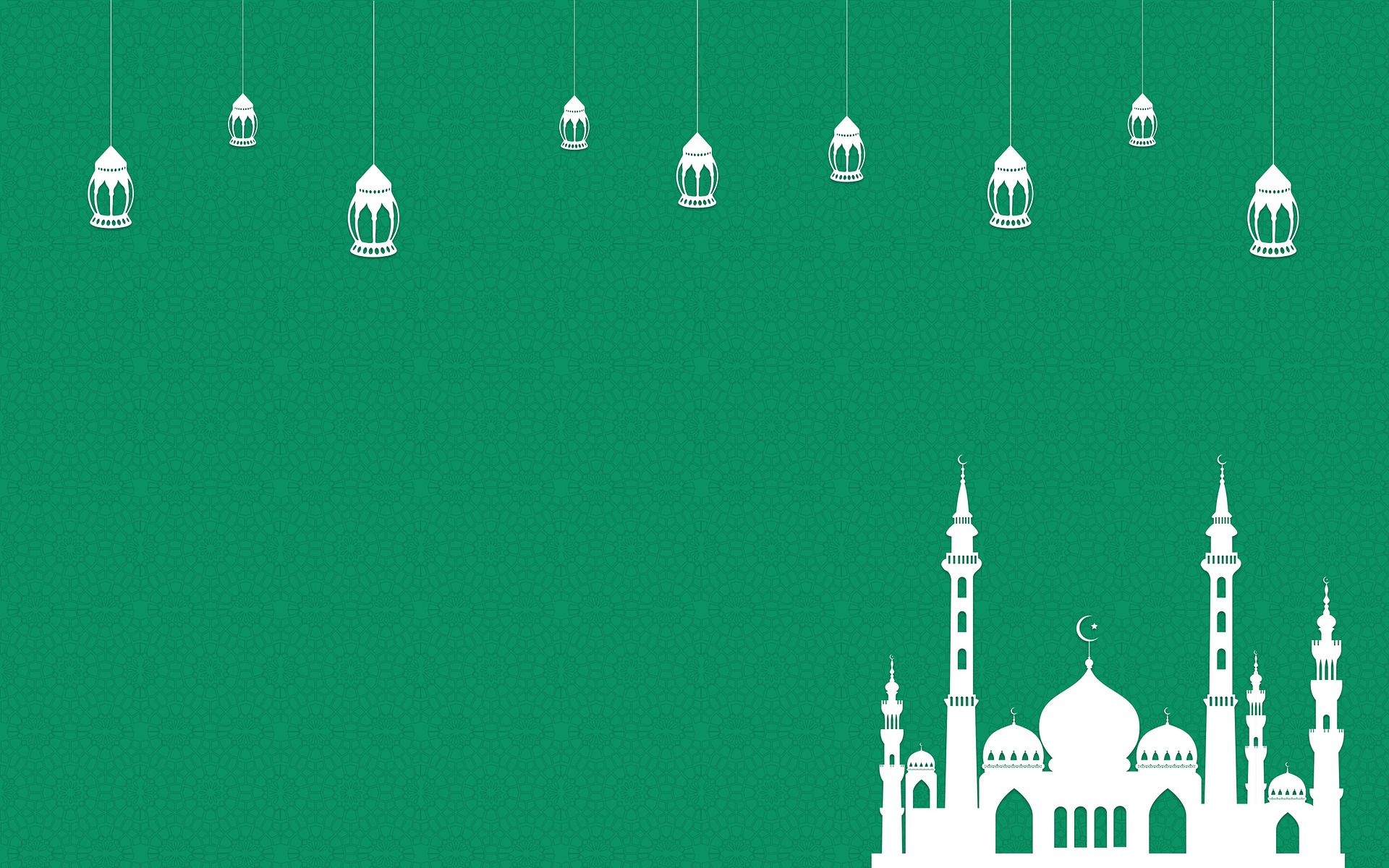A Taste of Ramadan
by Yasmeen Samad MS, RD, CD

It’s that time of the year again where Muslims around the world prepare themselves for the ninth month in the Islamic Lunar Calendar known as Ramadan. The key component of this month is fasting or abstaining from food and drinks from sunrise to sunset. Yes, not even water. No, we are not starving ourselves but instead adjusting our meal schedule. Think about it as an early breakfast with a late dinner. Ramadan is also a time where one can reflect and refocus on worship, gratitude, and charity. Islam recognizes that everyone may not be able to fast during this month. Those who are sick, traveling, pregnant, or elderly are exempt. Children are also not required to fast but many like to participate in half days and be a part of Ramadan traditions.
Surprisingly, for many, switching into “fasting” mode can come at an ease. You may miss that bagel and coffee in the morning, and fatigue and hunger might set in, but your body eventually adjusts. Having the right mindset and setting intentions for the day help maintain the positive attitude needed for full benefits for the month. For me, Ramadan is a time where I can redirect my auto-pilot tendencies and focus on my personal and spiritual goals. This can range from being on time with my prayers and going to the mosque more often to practicing patience when hangry feelings set in.

During Ramadan, two phrases you might hear often can be “what are you eating for Suhoor?” or “what’s for Iftar?” Suhoor refers to the meal consumed prior to starting the fast and iftar refers to the meal when breaking ones fast. It becomes very easy to overindulge in a plate of food after a long day of fasting, so practicing mindfulness is key to avoid a bad stomach ache. These meals should be robust with nutrient-dense foods that will support satiation during the day and replenishment during the evening.
For Suhoor, it is important to focus on fluid intake and choose fluid-rich foods to ensure hydration. Choosing foods high in fiber and whole grains can promote satiety and aid in digestion. One of the meals that are in my rotation include overnight oats, a boiled egg, an orange, and a protein drink. Other cultures have their go to Suhoor meals that are packed with nutrition and can make one feel satisfied throughout the day. Sumya Elgumati shared a common Libyan meal that includes a dish called Bsisa, which is a porridge-like food made with roasted barley flour, cereal grounds, fenugreek, aniseed, cumin, and sugar. “We normally eat it with dates or figs and prepare it the night before so it’s ready to eat early in the morning.” This high fiber food paired with a glass or two of water gives her the energy she needs to work long hour shifts as a Physician Assistant at MultiCare Medical Center.
After a long day of fasting, family and friends often share a rich meal together for iftar. Normally breaking our fast with a date and a glass of water before praying the evening prayer, Maghrib, together. My family normally breaks our fast with fruit, bone broth, samosas filled with beef or potatoes, and kala chana, black chickpea curry. Once prayer is completed, we get back together at the dinner table and share a variety of traditional Pakistani foods such as biryani, tandoori chicken, and butter chicken while we share stories from the day. This is usually completed with a cup of chai and a biscuit. Munira Farah shared that a common Somalian Iftar includes breaking her fast with beef or salmon samboosa with one of Somalia’s most beloved dished called Baaris iyo chicken suqaar, a chicken and rice dish that is rounded with an assortment of vegetables. Iftar is completed with burr, a sweet fried doughnut, similar to a beignet, eaten with dates. After our bellies are full with a short rest period, many head to the mosque to perform the night prayer and prepare themselves for the next day.



Tips on What to Eat for Suhoor and Iftar
Suhoor: drink plenty of fluids, choose fluid-rich foods, high fiber or wholegrain foods, and high protein. Avoid salty foods that will create thirst in the day.
Examples:
-
Oats – create oatmeal, overnight oats, porridge, which can all be made with milk or water. Muesli with milk or yogurt. Adding dried fruits, nuts or seeds as topping.
-
High fiber breakfast cereal
-
Yogurt – provides nutrients like protein, calcium, iodine, and vitamin B, and contains fluids. Can be combined with cereals and fruit. Create a parfait!
-
Breads- choose whole grain options that provide more fiber. Avoid combining bread with salty foods. Add nut butter to toast, banana, or avocados. Create a delicious breakfast sandwich
Iftar: rehydrate with plenty of fluids, low fat, and foods containing some natural sugars for energy.
Examples:
-
Drinks – water, milk or dairy alternative, fruit juice or smoothies. Avoid drinking a lot of drinks with added sugars.
-
Fresh fruit – provides natural sugar for energy, fluids, and a variety of vitamins and minerals
-
Dried fruit – provides natural sugar for energy. Go for a date to get minerals like potassium, copper, and manganese. Also, a source of fiber. Other dried fruit options can be apricots, figs, raisins, or prunes.
-
Soup – traditional in many Arab countries, is a light way to break the fast and provide fluid. Soups can include lentils and beans, or starchy foods like pasta or grains.

Ramadan concludes with the joyous holiday known as Eid al-Fitr or “the Festival of Breaking the Fast.” This holiday is celebrated for three days and kicks off with Eid prayer where we dress in new outfits and feast throughout the day with loved ones. We give gifts to one another and start every greeting with Eid Mubarak, blessed Eid. Though this holiday signifies the end of fasting, the lessons and habits learned are encouraged to be continued through the year. Though it is easy to get lost in the chaos of our world, continuing to practice mindfulness can help us appreciate the simple things in life, like drinking a velvety mocha before work. As Muslims around the world get ready for this month, I encourage those who do not practice to acknowledge their Muslim friends and neighbors and wish them a Happy Ramadan. For those who are fasting, stay hydrated my friends.
